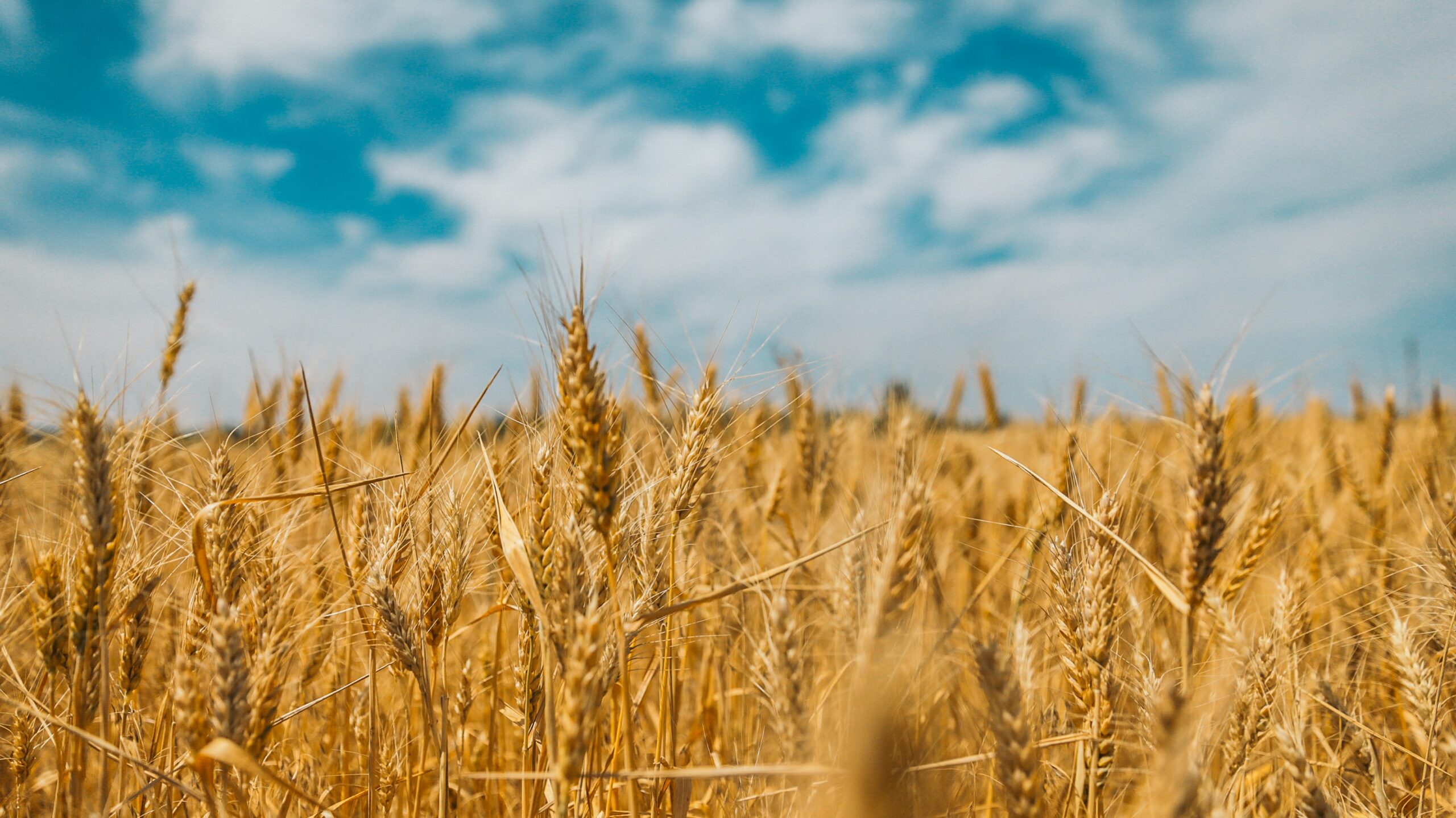Living in Southern Wisconsin, farming country, and having participated in numerous harvests as a kid driving tractors and hauling overflowing wagons to the grain bin, I thought of the harvest as a season of taking what is rightfully ours. We owned the land, planted the seeds, and paid for the fertilizer. We owned it. What was lost on me then was The Honorable Harvest.
The Honorable Harvest, as taught to us by our Indigenous friends, is the spirit of gratitude and respect that accompanies the receiving of gifts. There is only honor with taking if there is reciprocity to the world in return. Without reciprocity, there is only the taking by me, leading to my inevitable and eventual extinction. A spirit of gratitude and respect for the gift, the labor, the sacrifice of another on behalf of my experiencing joy, or support in my grief, or a helping hand in my labor, is the path of honorable living. A path that leads me in reciprocity on behalf of another.
The Honorable Harvest.
“The corn harvests were so plentiful that the caches were full. The fields had been so generous with the villagers that the people scarcely needed to work. So they didn’t. Hoe’s leaned against a tree, idle. The people became so lazy that they let the time for corn ceremonies go by without a single sponge of gratitude. They began to use the corn in ways the Three Sisters had not intended when they gave the people corn as a sacred gift of food. They burned it for fuel when they couldn’t be bothered to cut firewood. The dogs dragged it off from the untidy heaps the people made instead of storing the harvest in secure granaries. No one stopped the kids when they kicked ears around the village in their games.
Saddened by the lack of respect, the Corn Spirit decided to leave, to go where she would be appreciated. At first the people didn’t even notice. But the next year, the cornfields were nothing but weeds. The caches were nearly empty and the grain that had been left untended was moldy and mouse-chewed. There was nothing to eat. The people sat about in despair, growing thinner and thinner.
When they abandoned gratitude, the gifts abandoned them.
One small child walked out from the village and wandered for hungry days until he found the Corn Spirit in a sunlit clearing in the woods. He begged her to return to his people. She smiled kindly at him and instructed him to teach his people the gratitude and respect that they had forgotten. Only then would she return. He did as she asked and after a hard winter without corn, to remind them of the cost, she returned to them in the spring.”
(Told by Joseph Bruchac in “Keepers of Life” as quoted in “Braiding Sweetgrass” by Robin Wall Kimmerer.)


Comments are closed.